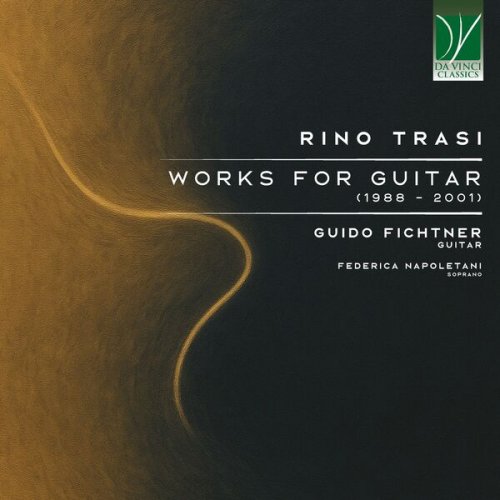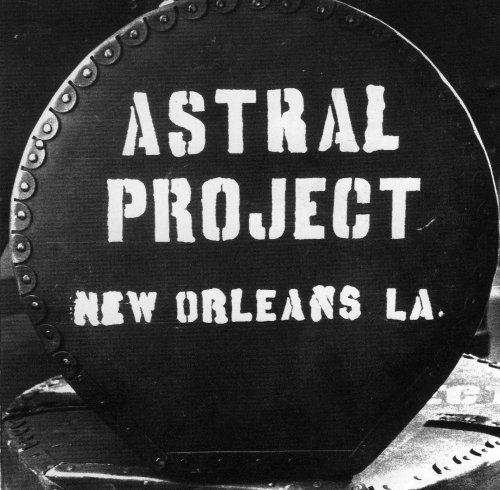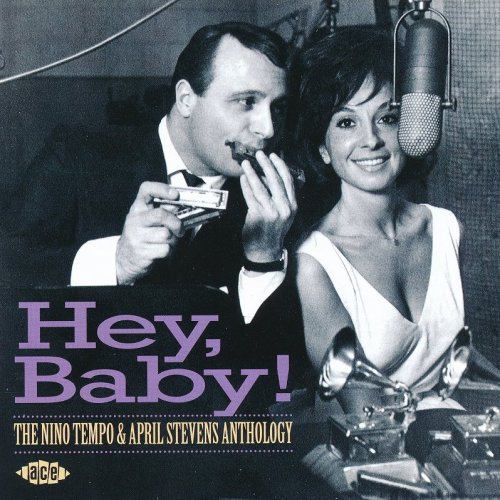Federica Napoletani, Guido Fichtner - Rino Trasi: Works for Guitar (2025)

Artist: Federica Napoletani, Guido Fichtner
Title: Rino Trasi: Works for Guitar
Year Of Release: 2025
Label: Da Vinci Classics
Genre: Classical Guitar
Quality: flac lossless (tracks)
Total Time: 01:08:48
Total Size: 206 mb
WebSite: Album Preview
TracklistTitle: Rino Trasi: Works for Guitar
Year Of Release: 2025
Label: Da Vinci Classics
Genre: Classical Guitar
Quality: flac lossless (tracks)
Total Time: 01:08:48
Total Size: 206 mb
WebSite: Album Preview
01. Il Compagno di Viaggio, Sonata ciclica: I. Preludio
02. Il Compagno di Viaggio, Sonata ciclica: II. Adagiante
03. Il Compagno di Viaggio, Sonata ciclica: III. Toccata
04. Anhelitus, varianti su un tema di John Dowland
05. Boxes, omaggio ad Arvo Pärt
06. Linea d'ombra, tre studi atonali: No. 1, Piani
07. Linea d'ombra, tre studi atonali: No. 2, Filigrana
08. Linea d'ombra, tre studi atonali: No. 3, Dramma
09. Sonatina: I. Do you like Brouwer?
10. Sonatina: II. Stellae inerrantes
11. Sonatina: No. 3, Continuum
12. Sonatina: IV. A postcard from Istanbul
13. Wanderer Lied
Rino Trasi: Between Idiom and Abstraction in Contemporary Guitar Music
Within the field of guitar composition two broad lineages may be discerned: composers who are themselves guitarists, and those who address the instrument from without. The former typically produce highly idiomatic works, exploiting the instrument’s tactile and gestural resources; the latter often tread more exploratory—and at times oblique—paths which, though occasionally forbidding, can yield striking originality. Either approach is capable of generating music of lasting substance or, conversely, works that merely satisfy transient fashions.
Yet a number of compositions manage to remain idiomatic whilst displaying notable compositional ambition. Leo Brouwer’s La Espiral Eterna (1971) stands as a quintessentially “material” score, testing the guitar’s resources to their limits, while Dušan Bogdanović’s Sonata No. 1 (1978) is a compact masterpiece clearly indebted to Béla Bartók. It is against such exemplars that the music of Rino Trasi (b. 1960) should be set.
A graduate of Mauro Storti’s distinguished guitar class at the G. Nicolini Conservatoire in Piacenza (1985), Trasi subsequently pursued composition at the G. Verdi Conservatoire in Milan and at the Civica Scuola di Musica’s Department of Contemporary Music. Although a guitarist by formation, he eschews the facile idiomatic devices frequently encountered in the repertoire—most notably the practice of transposing a stock gesture along the fretboard to generate ostensibly new material.

![Joshua White - Flora and Fauna: 9 Preludes for Solo Piano (2025) [Hi-Res] Joshua White - Flora and Fauna: 9 Preludes for Solo Piano (2025) [Hi-Res]](https://img.israbox.com/img/2025-12/19/1w90raxdb6ohgwszk3wk3pfts.jpg)



![Clifton Chenier - King of the Bayous (1970) [Hi-Res] Clifton Chenier - King of the Bayous (1970) [Hi-Res]](https://img.israbox.com/img/2025-12/20/jidad18ndo53n0bydfr2lk6de.jpg)
![Clifton Chenier - Louisiana Blues and Zydeco (1965) [Hi-Res] Clifton Chenier - Louisiana Blues and Zydeco (1965) [Hi-Res]](https://img.israbox.com/img/2025-12/20/sbk3avlyv35pi9c6lq1p1fkea.jpg)

